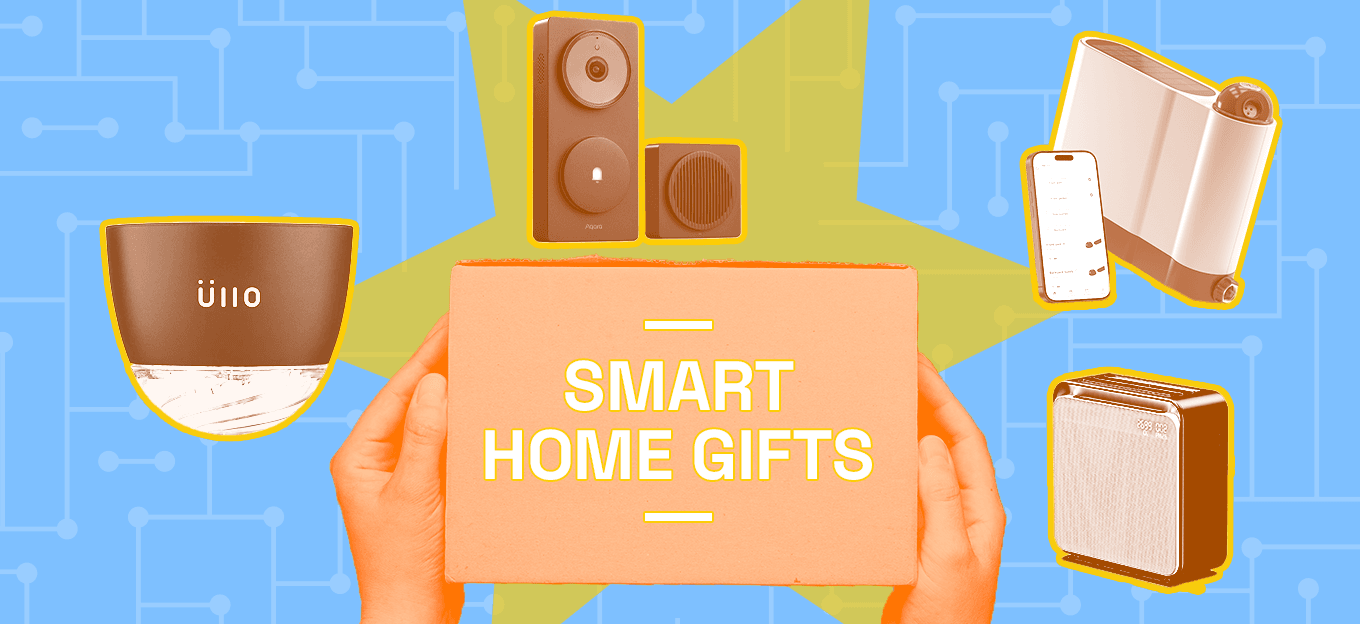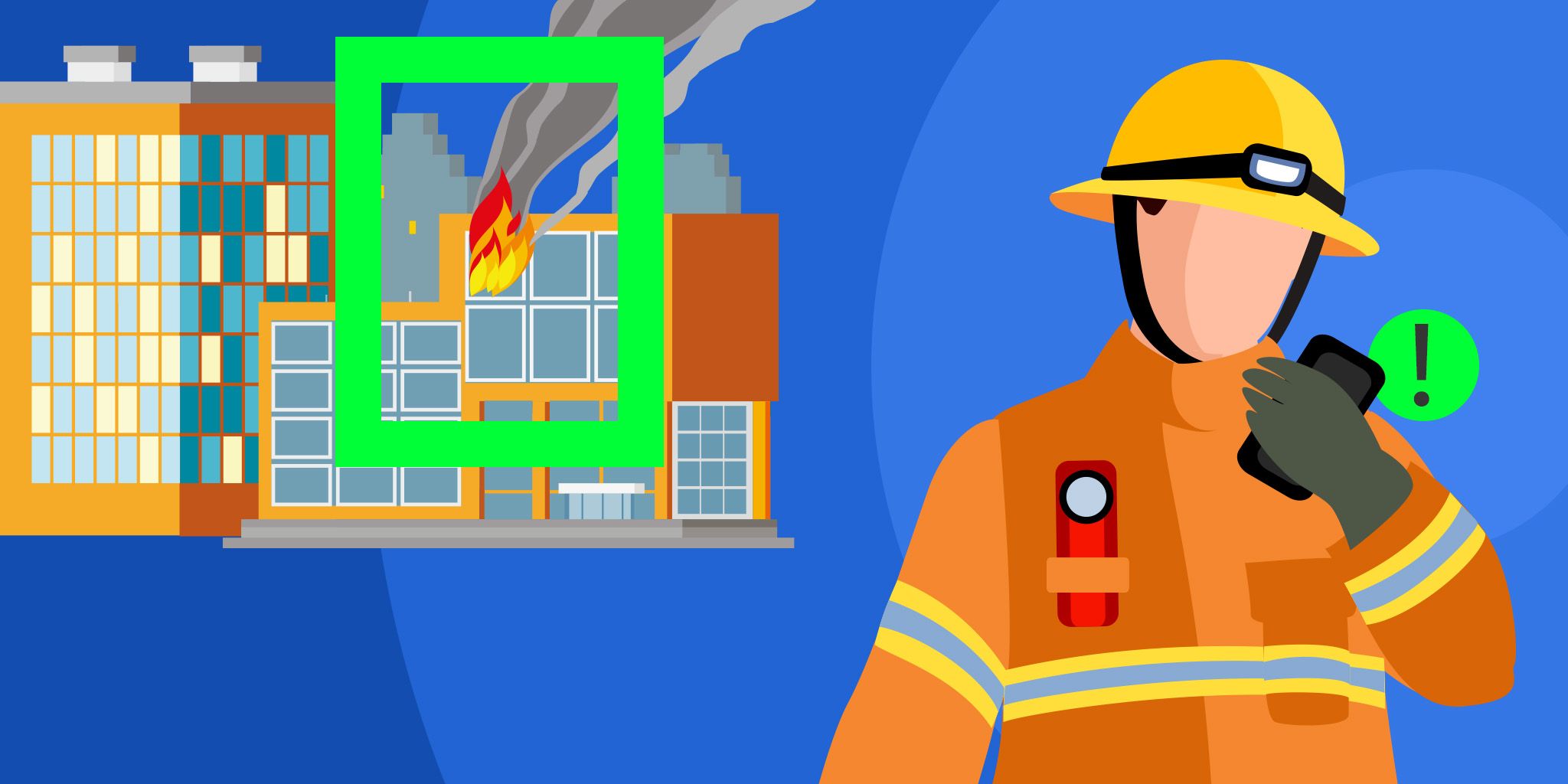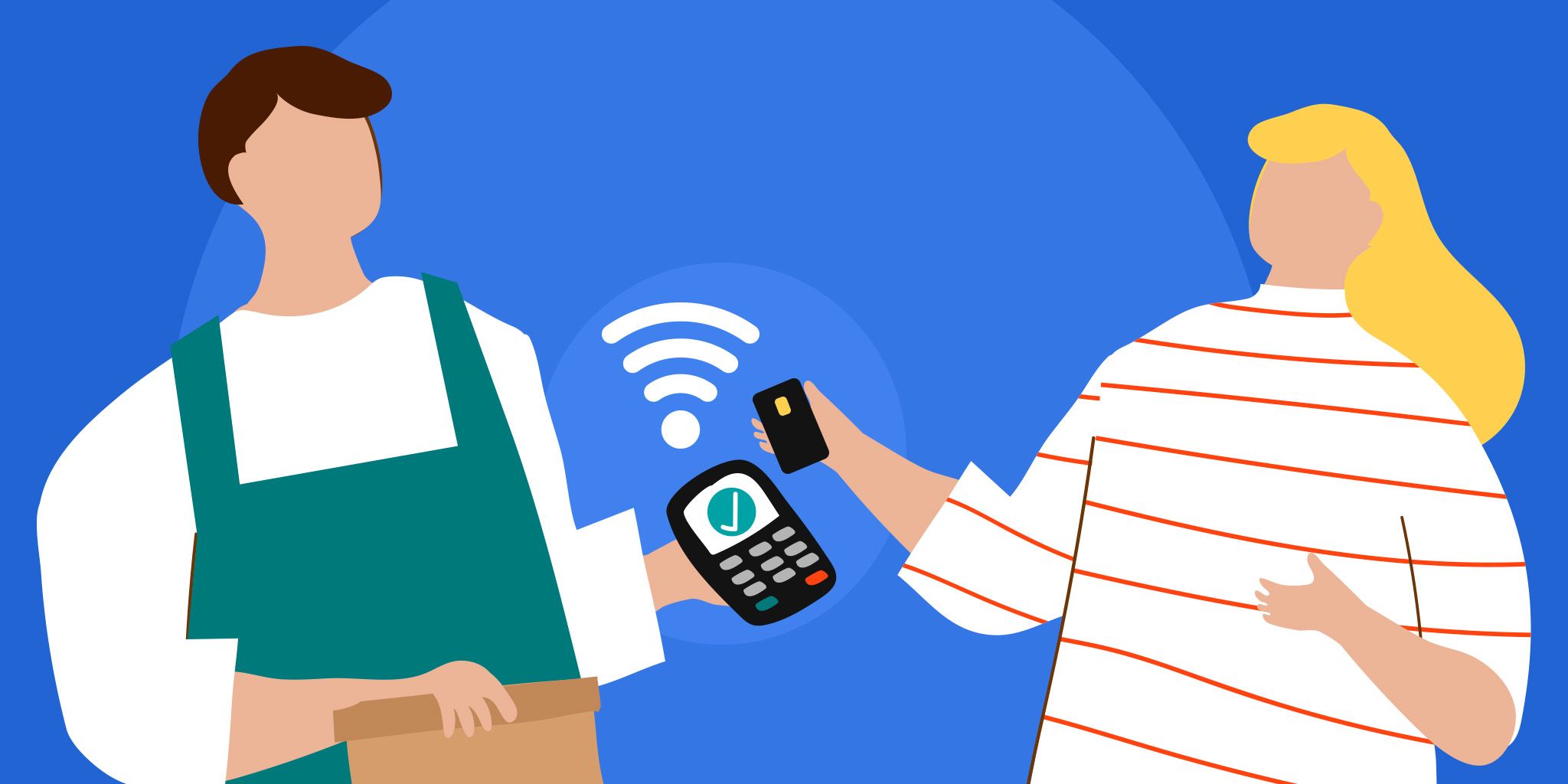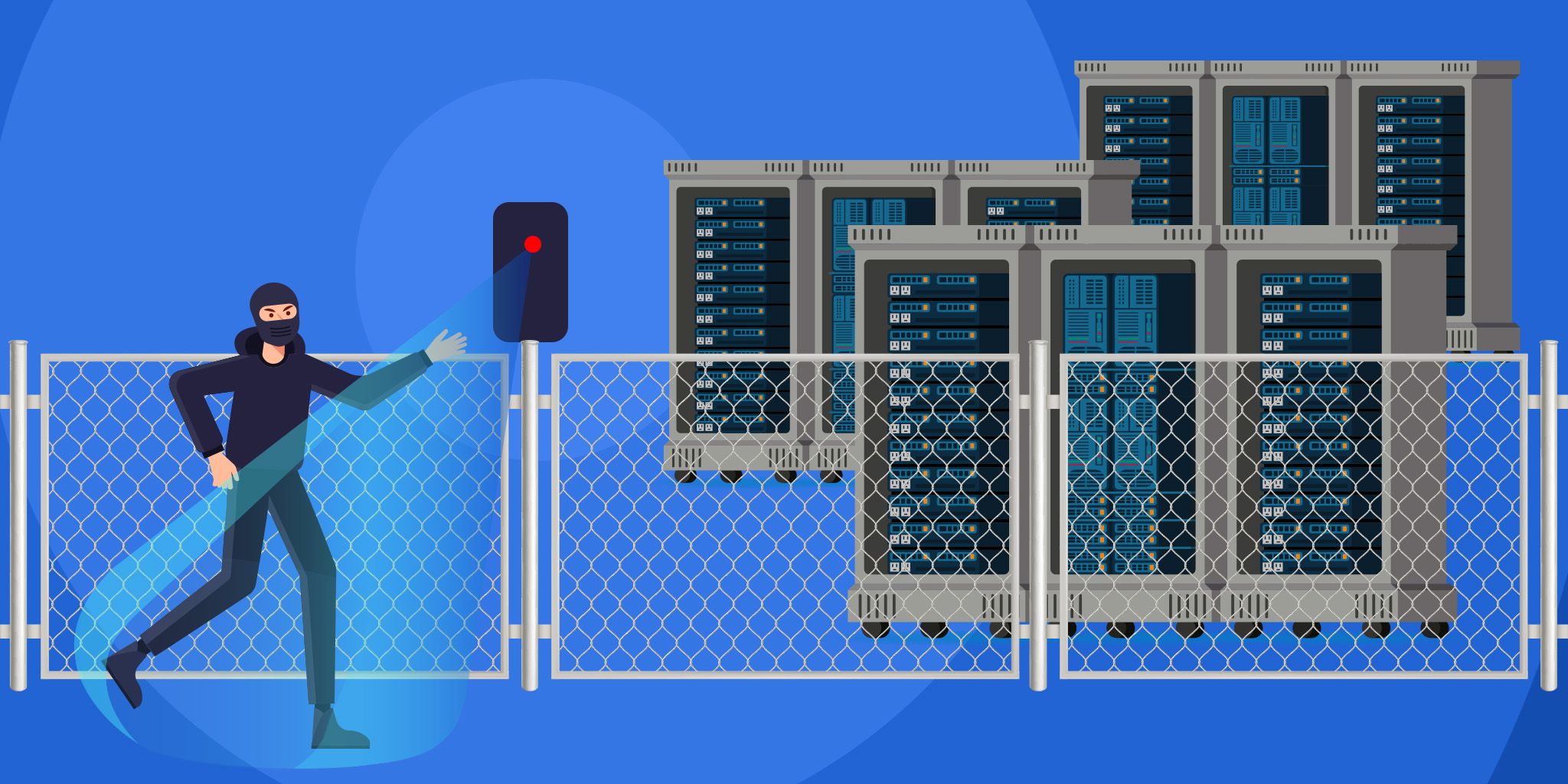Your Guide to Buying a Smart Lock
Your Guide to Buying a Smart Lock
- Last Updated: December 2, 2024
Gate Labs
- Last Updated: December 2, 2024



Shopping for a smart lock is like shopping for a car. While they all provide the same service, most vary in features and specialties, which is why consumers should conduct research to find their perfect match.
What kind of smart lock is right for you, specifically? There are dozens of models to choose from. Research to decide which smart lock to purchase for your unique setup.
So, to help you make the best decision about your smart lock purchase, we've compiled a list of questions you should ask before pulling out your credit card.
1. Why Do I Need a Smart Lock?
This is the foundational question. The popular tech review site CNET points out five reasons why you might want to get a smart lock:
- Convenience
- Added style
- Streamlined guest access
- Improved security
- Access to a physical key as a backup
Further, we argue that a traditional lock is “blind,” silent, and rudimentary. That is to say, it can’t “see” your guests; you have to physically operate it, and you can't receive notifications if something unwanted is happening.
A smart lock might not be for everyone, but most consumers appreciate the added security, convenience, and control a smart lock can bring to your life.
2. Should Your Smart Lock Have a Video Camera?
We’re sometimes puzzled by the fact that most smart locks don’t come with a video camera—a smart lock isn’t that smart if it’s blind.
Very simply, video enables visual verification. You need to be able to take a visual inventory of your guests to authenticate them.
The best smart locks should come equipped with a motion sensor that triggers a live video stream to your phone when a visitor approaches your door. A high-definition camera allows you to see exactly who's at your door.
A visual component of a smart lock is especially helpful for owners who:
- Rent their homes and want to greet guests remotely
- Need to let service people into their homes when they aren't around
- Want to keep track of their children entering in and out of the home
A video camera smart lock might be more expensive, but without it, you won’t have 100% confidence in knowing who's at your door.
3. What Type of Access Should Your Smart Lock Provide?
Smart locks operate in many ways, some of which you might not expect. Here are some things to think about.
Failsafe and Backup
Ask yourself, will your smart lock continue to work if something goes wrong?
- Power outage
- Dead battery
- Uncharged phone
- Severe weather
All these occurrences are common, but if your smart lock lacks resiliency, you might find yourself locked out of your home. To avoid this, look for a smart lock that works in tandem with a physical key backup for added peace of mind.
In other words, a smart lock needs to be failsafe.
Flexibility
Will the unit adapt to the multiplicity of use-cases it encounters?
What we mean is:
- Your arms could be full of groceries
- Your kids could arrive home before you
- You may need to greet guests without being home
Heck, you might be sipping a pina colada on the beach and receive a delivery.
Does your smart lock allow you to provide access when you need it most? The bottom line is, your smart lock should fit your lifestyle.
Simplicity
The best products make tough tasks easy.
As such, your smart lock should make managing access to your property simple. So, when you’re picking out the best smart lock for you, try not to get distracted by all the bells and whistles, and focus in on what is going to truly make your life more secure and convenient. Is that access to an application? Or the ability to provide unique PIN entry on-demand?
Ask yourself: What do you want out of a smart lock?
4. Is Your Door Compatible With a Smart Lock?
Let’s talk about installation.
The last thing you want to do is buy a beautiful lock and find out it doesn’t fit on your door. So, it's best to find answers to this question so you can avoid future headaches.
<!-- wp:paragraph --> <p>Be sure to research the door size requirements of your smart lock before purchasing, or find an option that works on all physical doors. </p> <!-- /wp:paragraph -->
<!-- wp:paragraph --> <p>While most smart locks are D.I.Y. installation, not all are compatible with every door. Save yourself the frustration by finding a simple installation solution.</p> <!-- /wp:paragraph -->
<!-- wp:heading --> <h2 id=" />5. What Kind of Wireless Connectivity Should My Smart Lock Use?
There are different ways to network your home, including WiFi, Bluetooth, Z-Wave, and ZigBee.
Which makes sense for you?
We could spend time digging into the nitty-gritty details of how each of these technologies works, but it’s a serious rabbit-hole. For now, here are the main use-cases for each as it pertains specifically to smart locks. You can decide which is best for you.
- WiFi: access your lock from anywhere, but it requires the most amount of battery power
- Bluetooth: limited to close-range proximity, but operates with low energy
- Z-Wave and ZigBee: lower power than WiFi, bigger range than Bluetooth, but requires additional technologies to operate
(For an in-depth look at Z-Wave vs. ZigBee, read this.)
Lastly, Bluetooth, Z-Wave, and ZigBee require an addition hub that you’ll need to purchase and position in your smart home set up.
So, for wireless connectivity, consider your preferences for range and power, and that should help you decide.
6. How Much Time and Money Will a Smart Lock Save Me?
Smart locks aren’t cheap, and that’s actually a really good thing. It’s the security of your home, after all.
Typically, you’ll see a price range from $99 to $999 for a smart lock, depending on the features and capabilities of the unit. Generally speaking, the “smarter” the lock, the higher the price.
How Often Will You Use Your Smart Lock?
In our opinion, the busier your home, the smarter your lock should be.
Between family, friends, guests and deliveries, is someone constantly in and out of the home? The more wear on your lock, the more industrial, feature-dense, robust, and compact the smart lock should be.
If the home is not so busy, a lightweight, simple, more aesthetic-focused smart lock would work.
How Much Control Do You Want Over Your Home?
If you like to know the happenings around your home, you might consider spending more on a smart lock so that remotely you can:
- Manage access to your home
- View and authenticate guests who arrive
- Communicate with visitors
- Operate conveniently with a smarter unit
Ultimately, think about your return on investment. How much will your smart lock be put to use, and how much comfort will it bring by giving you increased control over your home?
7. Do I Need to Sacrifice Security for Convenience in a Smart Lock?
Let's be blunt. A good smart lock won't compromise security for convenience or aesthetics. And if it does, it's not a good smart lock.
Here are three quick ways to tell you're making the best purchasing decision:
- Read stories in customer reviews. Are customers satisfied, safe, and happy with the unit? Or are there stories of the unit breaking, not fitting, or malfunctioning, leaving owners stranded or in a bind? Customer reviews are good examples of the lock’s efficacy and overall reliability.
- Study the product’s design. Is the unit built with the right metals? Does it rely on proven deadbolt technology? Has it been field tested? If possible, order the unit and get your hands on it, but keep the receipt. Physically holding and inspecting the smart lock in your hands will tell you more than the glossy photos of it online.
- Research who built the unit. Does the team behind the product have experience designing both hardware products and technology products? A blended team with security experts and tech innovators is a good sign. Make sure the company’s product engineers and designers are experienced with security hardware and technology stacks.
With just a bit of nosing around, you'll quickly see how a smart lock measures up.
8. Should I Get an All-in-One Smart Lock or a System With Separate Devices?
This last question in the decision-making process is about whether you should get an all-in-one smart lock unit (all at once) or piecemeal the security system one device at a time.
- An all-in-one unit will be a simpler, one-time setup. Install in a few minutes and you’re done, but it will usually require a larger investment upfront.
- A piecemeal system will ease you in with an initially smaller price tag, but it will eventually take more cash out of your pocket to acquire the full system (i.e., smart lock, WiFi bridge extender, door cam, and keypad).
In short, an all-in-one unit is a simpler installation and easier to manage, while a piecemeal system will be less of a hit on the wallet up front.
The Bottom Line
In the end, there are many factors to consider when you’re deciding on the best smart lock for you. There are many models and brands to choose from, so it’s not always a clearcut decision.
Nevertheless, we hope these FAQs and answers were informative and have equipped you with a more complete set of research.
PS: Have a friend who’s thinking about getting a smart lock? Share this article with them!
The Most Comprehensive IoT Newsletter for Enterprises
Showcasing the highest-quality content, resources, news, and insights from the world of the Internet of Things. Subscribe to remain informed and up-to-date.
New Podcast Episode

Moving Past the Pilot Phase in IoT and AI
Related Articles





